Per appuntamento
La seduta può essere svolta presso il mio studio oppure online tramite videochiamata.

La seduta può essere svolta presso il mio studio oppure online tramite videochiamata.
THE PSYCHOANALYTIC QUARTERLY.
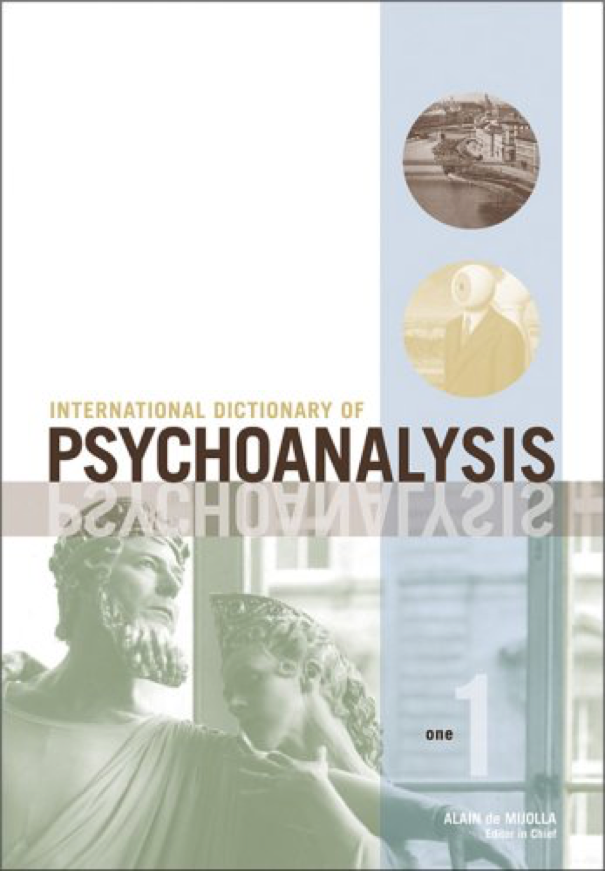
The text presented here is the result of impressive work, realized under the guidance of psychoanalyst and psychiatrist Alain de Mijolla, founder and president of the International Association for the History of Psychoanalysis.
Originally published in a French version in 2002, which has been very well received, the International Dictionary of Psychoanalysis is an excellent English translation.
The editorial committee in Paris- made up of Sophie de Mijolla-Mellor, Roger Perron, and Bernard Golse - has found a comparable counterpart in the American team that was responsible for the care and translation into English of this essential reference book: Rachel J. Kain, Rita Runchock, and Patricia Kamoun-Bergwerk, with the editorial support of Edward Nersessian and Paul Roazen (who reviewed all the entries).
The work of translating the three volumes was conducted by, among others, Nellie Thompson and Matthew von Unwerth. It is important to stress that this was not simply a work of translation, but something much more complex, given the different geographical, cultural, and scientific backgrounds of the many authors who contributed.
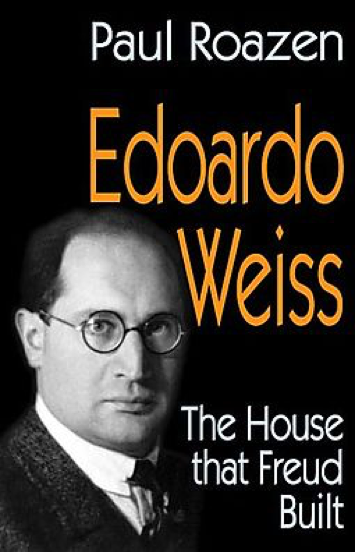 “This is a book that I have long been intending to write” (p. xi): with these words, Roazen begins his biography of Edoardo Weiss, the founder of psychoanalysis in Italy.
“This is a book that I have long been intending to write” (p. xi): with these words, Roazen begins his biography of Edoardo Weiss, the founder of psychoanalysis in Italy.
By the time this book was published in 2005 (the year of Roazen’s death), its author was known throughout the world as a scholar of the history of psychoanalysis, having written numerous works on the topic, including a nearly-500-page book.
Roazen had worked in many university settings, including Harvard and Tufts in Boston and York University in Toronto.
He began as a political scientist but very soon became a (controversial) historian of psychoanalysis: his Ph.D. dissertation in political science was entitled Freud and Political Theory, and it was soon to become his first book.
About thirty-five years later, in 2004, he was elected an honorary member of the American Psychoanalytic Association.
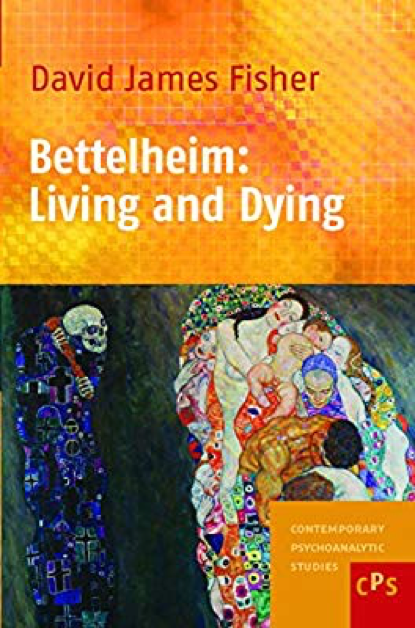 Have passed twenty years after the death of Bruno Bettelheim---who committed suicide at the age of eighty-six in Silver Spring, Maryland---and, contrary to what one might imagine, there are only three major biographies on the life and work of this controversial personage of American psychoanalysis.
Have passed twenty years after the death of Bruno Bettelheim---who committed suicide at the age of eighty-six in Silver Spring, Maryland---and, contrary to what one might imagine, there are only three major biographies on the life and work of this controversial personage of American psychoanalysis.
Words of this kind open the collection of essays written by Fisher, a scholar and a staunch defender of the memory of Bruno Bettelheim, his friend from 1988 until 1990.
David James Fisher is a Psychoanalyst, Senior Faculty Member at the New Center for Psychoanalysis, Training and Supervising Analyst (Institute of Contemporary Psychoanalysis), and Clinical Instructor at the Department of Psychiatry, UCLA School of Medicine. He has published books as Romain Rolland and the Politics of Intellectual Engagement (Transaction Publishers, 2004), and Cultural Theory and Psychoanalytic Tradition (Transaction Publishers, 1991).
Most of this book concerning the life and the work of Bettelheim apparead in German as Psychoanalytische Kulturkritik und die Seele des Menschen: Essays über Bruno Bettelheim (Psychosozial-Verlag, Giessen, 2003), introduced by Roland Kaufhold and Michael Loffelholz.
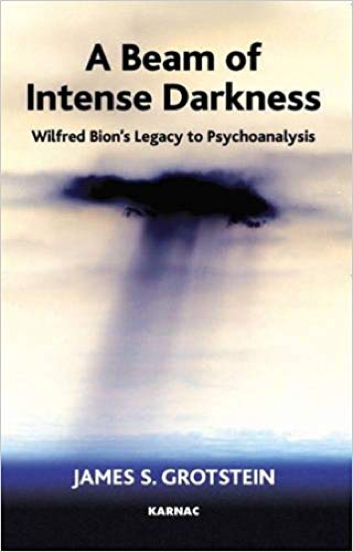
I initially approached this volume cum timore et tremore, with “fear and trembling,” to quote Kierkegaard, but I quickly discovered a book that, while certainly not very easy reading, permits the reader who is not particularly expert in Bion’s work to gather its salient points. It also allows one to register within oneself the tonalities of the great melody that Bion composed on the human being.
I think that one must accept, at any rate, not completely understanding all that Grotstein proposes and presents to the reader—or at least not managing to understand everything in the same identical manner and with the same acuity—just as happens in reading Bion’s work.
Even though, in presenting the book, Grotstein reports that “I have been asked to undertake the daunting task of writing a book on Bion that will introduce a distillation and synthesis of his ideas for the general public” (p. 9), I doubt that the general public could follow and completely understand him in his journey through the Bionian oeuvre.
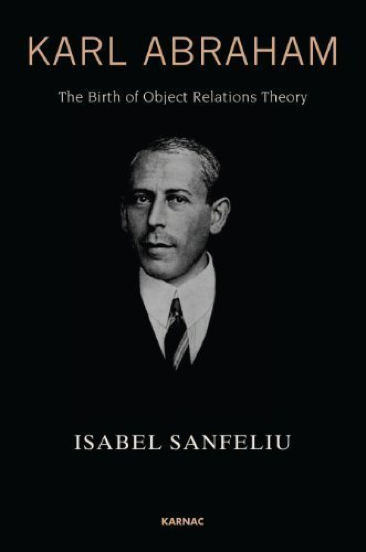
When Karl Abraham died on December 25th, 1925, he was 48 years old.
In that day the International Psychoanalytic Movement lost one of his most important persons: the president of the Internationale Vereinigung Psychoanalitische (IPA) and of the Berliner Psychoanalytische Vereinigung (Berlin Psychoanalytic Society), one of his most valuable training analysts (among his trainees were Edward and James Glover, Karen Horney, Melanie Klein, Carl Müller-Braunschweig, Sándor Rado, Theodor Reik and Ernst Simmel), a member of the Secret Committee, an avid explorer of the early stages of libidinal development and character formation, a clinician and fine theorist involved in the study and treatment of major depressive psychopathology - these are some of the words used by Sigmund Freud to express his regret for the Abraham’s dye writing to Frau Abraham: “I have no substitute for him, and no consolatory words for you…”